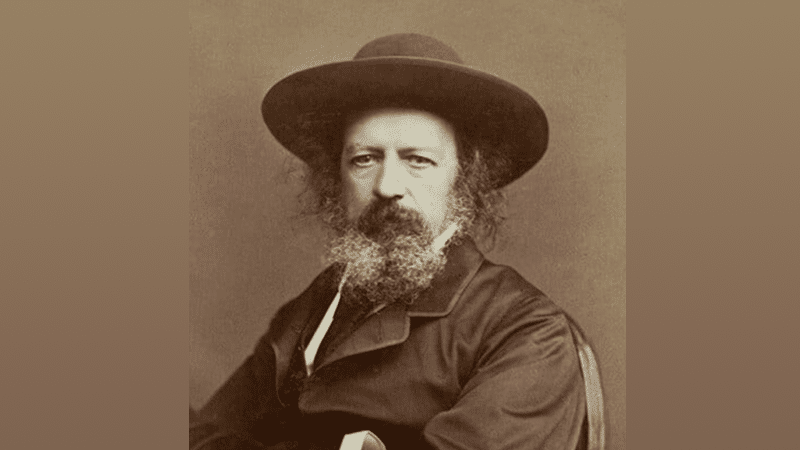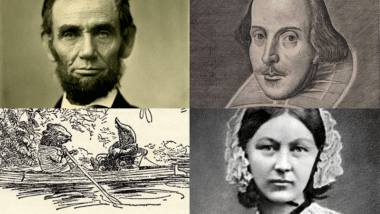An Isle of Wight LGBT project has been criticised for claiming Alfred Lord Tennyson was ‘queer’.
Out On An Island, a StoneCrabs Theatre company venture backed by National Lottery Heritage Fund money, numbers the English poet among “hidden and forgotten” LGBT people in an attempt to “queer the Isle of Wight’s history and heritage”.
Farringford House, where Tennyson and Emily – his wife of 42 years – lived from time to time, even features in an ‘LGBTQ+ Heritage Trail’ promoted by the Isle of Wight’s official tourism website.
‘Absurd’
The group, which also runs workshops for local schools, bases its claim that Tennyson was “queer” on the grounds that he “enjoyed a deeply affectionate relationship” with fellow poet Arthur Henry Hallam.
The pair met at Cambridge in 1829, and through their close friendship, Hallam met and subsequently became engaged to Tennyson’s sister. Hallam’s sudden death in 1833 moved Tennyson to write one of his best-known works, In Memoriam.
Historian Dr Zareer Masani, himself a homosexual, called the ‘queering’ of Tennyson “absurd”, adding: “close, even romantic friendships with one’s own sex could be entirely platonic”.‘Tis better to have loved and lost than never to have loved at all
In Memorium Tennyson
Frank Furedi, Emeritus Professor of Sociology at Kent University, said this “impulse to read history backwards” is “just a kind of anachronistic projection” of contemporary society.
Co-opting famous figures
Last year, an essay on the website of Shakespeare’s Globe arts venue suggesting Elizabeth I was non-binary triggered a huge media backlash.
Self-proclaimed “trans awareness trainer” Kit Heyam made the claim in a piece defending ‘I, Joan’, a Globe Theatre production about Joan of Arc, in which the French heroine is referred to by the pronouns ‘they/them’.
Responding in The Mail on Sunday, Sarah Vine observed: “What makes Joan of Arc and Elizabeth I remarkable is that they were women – that is to say, human biological females”.
Other historical figures to have been ‘queerwashed’ in recent years include William Shakespeare, Florence Nightingale, Abraham Lincoln, and author Kenneth Grahame, whose children’s book The Wind in the Willows has been declared a ‘gay manifesto’.
Film-makers rewrite history to push salacious same-sex story line
Kids act out ‘Romeo and Julian’ in gay school play
Scot Govt pushes LGBT ideology across entire school curriculum


